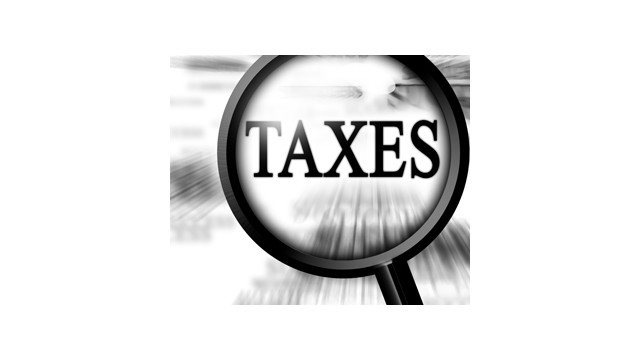A new survey shows the most urgent workflow challenges faced by tax professionals at large U.S. corporations may be alleviated by the optimization of workpapers processes and tools. The survey was commissioned by Bloomberg Tax and Arizent.
Workpapers serve as the foundation of the tax department’s workflow, playing a pivotal role in tax calculations supporting crucial tax deliverables such as provision, compliance, planning, and audits. However, outside of spreadsheets, few technology solutions exist that address the many challenges experienced by tax professionals in their workpapers, and those that do exist often do not work well together.
Among the key survey findings:
- More than 92% of corporate tax accountants consider workpapers as critical or very important for supporting the overall tax lifecycle. However, only 36% of tax accountants expressed satisfaction with their current processes and tools for preparing and reviewing workpapers.
- The majority of tax accountants face issues with managing data across key tax deliverables. These challenges include excess time spent manually cleaning and prepping source data, increased risk when updating tax calculations for multiple versions of source data, and an inability to trace calculations from the data all the way to the final computations.
The survey further explores the prevalence of challenges preparing and reviewing tax calculations in workpapers, including the need to keep calculations up to date with the latest tax law and to support calculations for internal and external review.
“Recognizing workpapers as a critical and discrete component of the tax workflow is an important step toward improving the entire tax lifecycle through technology,” said Adam Schrom, product management director, Bloomberg Tax. “Given the recent and continued advances in technology, tax departments must also continue to evolve to become a strategic asset and deliver greater value to the business.”
Thanks for reading CPA Practice Advisor!
Subscribe Already registered? Log In
Need more information? Read the FAQs
Tags: Income Taxes, IRS, Taxes




